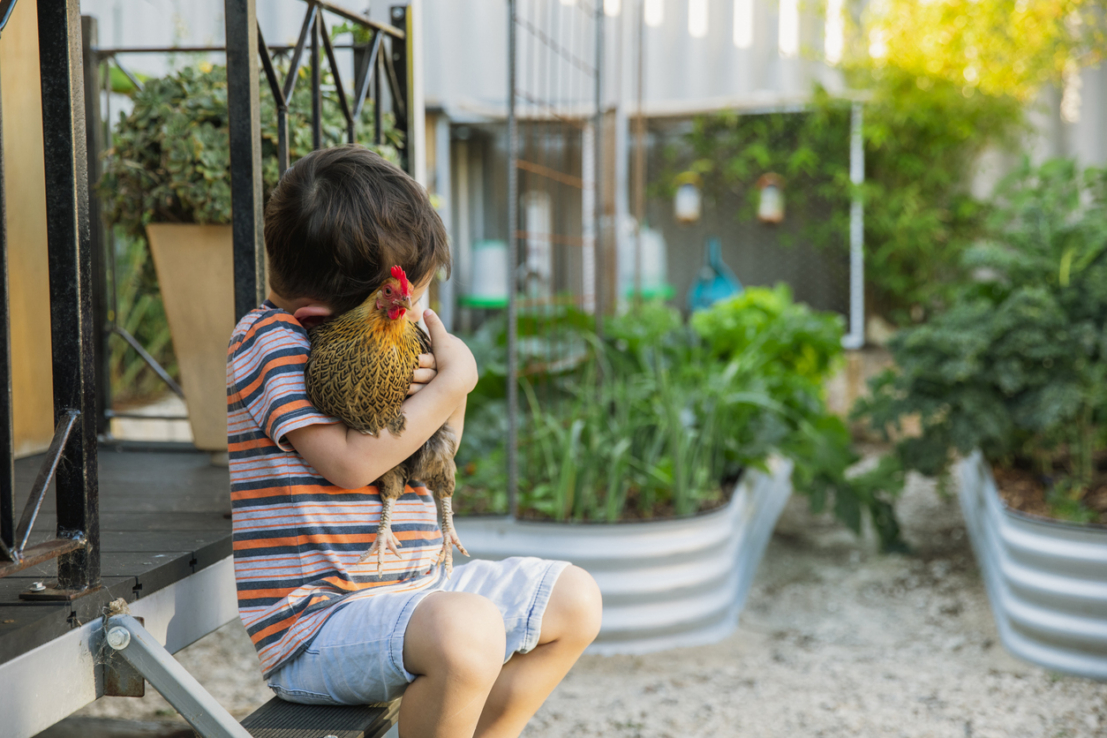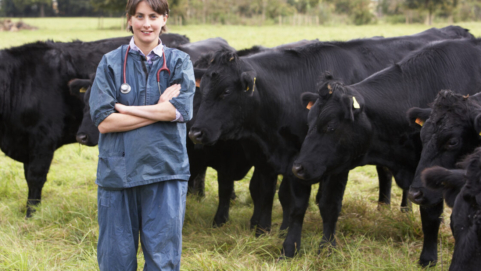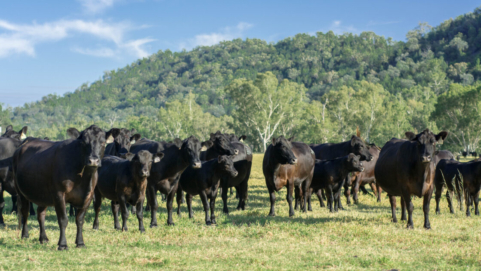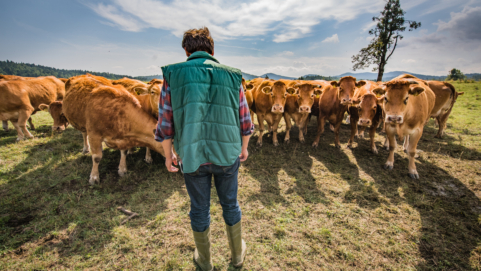Animal Health is Public Health: World Zoonoses Day
Canberra, ACT – As the world marks World Zoonoses Day, Animal Medicines Australia (AMA) is calling for greater collaboration across human, animal, and environmental health sectors to reduce the threat of zoonotic diseases and safeguard global health.
- #zoonoses
- Media Releases
- Advocacy
- Vaccines
- 4 July 2025

Animal Health is Public Health: World Zoonoses Day
Canberra, ACT – As the world marks World Zoonoses Day, Animal Medicines Australia (AMA) is calling for greater collaboration across human, animal, and environmental health sectors to reduce the threat of zoonotic diseases and safeguard global health.
World Zoonoses Day, observed on 6 July, commemorates the first successful vaccination against a zoonotic disease by Louis Pasteur in 1885 – a milestone that continues to underscore the connection between human and animal health.
Veterinarians are our first line of defense. They monitor, diagnose, and respond to animal health threats before they can spread. Yet in Australia and around the world, the veterinary workforce remains under-resourced. Prevention is possible, but only when veterinarians are both available and equipped with the necessary medicines.
Acting Executive Director of Animal Medicines Australia, Dr Katie Asplin, said that strengthening the animal health sector through preventative care is critical to addressing the growing risks posed by zoonotic diseases.
“Approximately 75% of new or emerging diseases in people are zoonotic in origin1,” Dr Asplin said.
“Preventing these diseases at their source – in animals – is our first and most effective line of defence. A robust animal health sector supported by innovation, access to veterinary medicines, vaccines, and preventative care, is essential for protecting both animals and people.”
Dr Asplin stressed the importance of a unified approach, often referred to as One Health, which brings together experts and organisations from public health, veterinary medicine, agriculture, and the environment.
Structured, regular dialogue between governments, veterinarians, vaccine developers, and other key stakeholders is needed to build progress.
We are seeing promising momentum. The UN Political Declaration on AMR included a commitment for countries to have national animal vaccination strategies by 2030. The WOAH Forum on Veterinary Vaccines and Vaccination this year brought forward critical recommendations to improve access and uptake of animal vaccines, and to build stronger, more responsive systems.
“It’s not just about treating diseases – it’s about anticipating them, preventing them, diagnosing and monitoring threats, and acting early across all sectors and disciplines. We need sustained investment in veterinary services, biosecurity systems, and coordinated policy that reflects the interconnected nature of health,” Dr Asplin said.
Animal Medicines Australia continues to advocate for strong animal health systems and policies that recognise the shared responsibility of managing zoonotic risks and promoting long-term health security.


